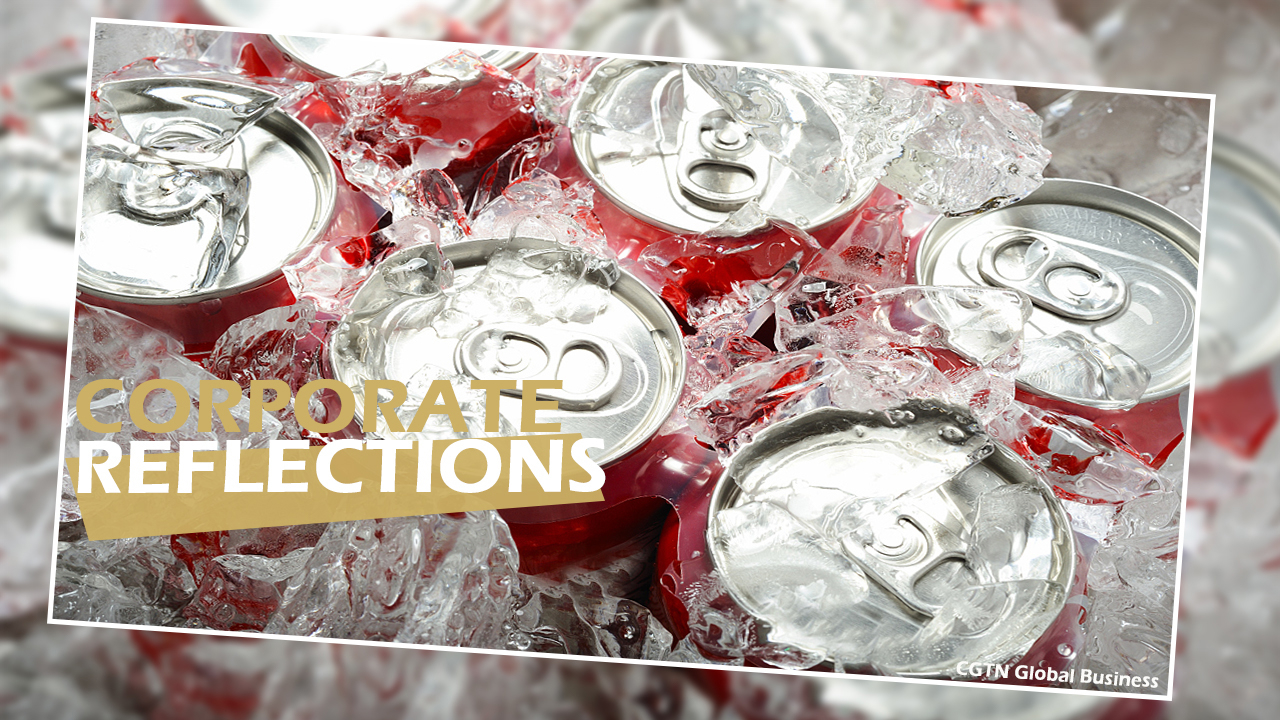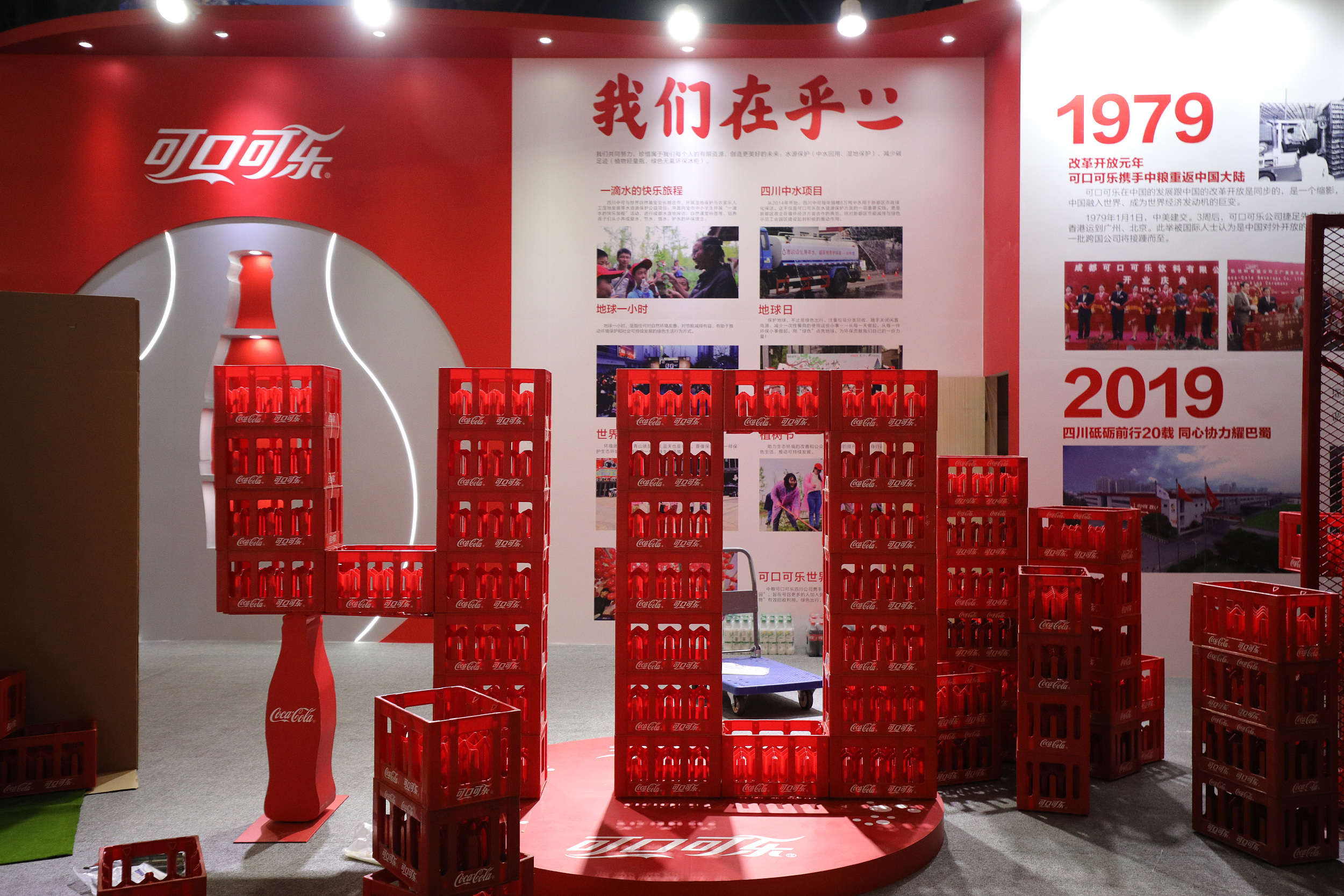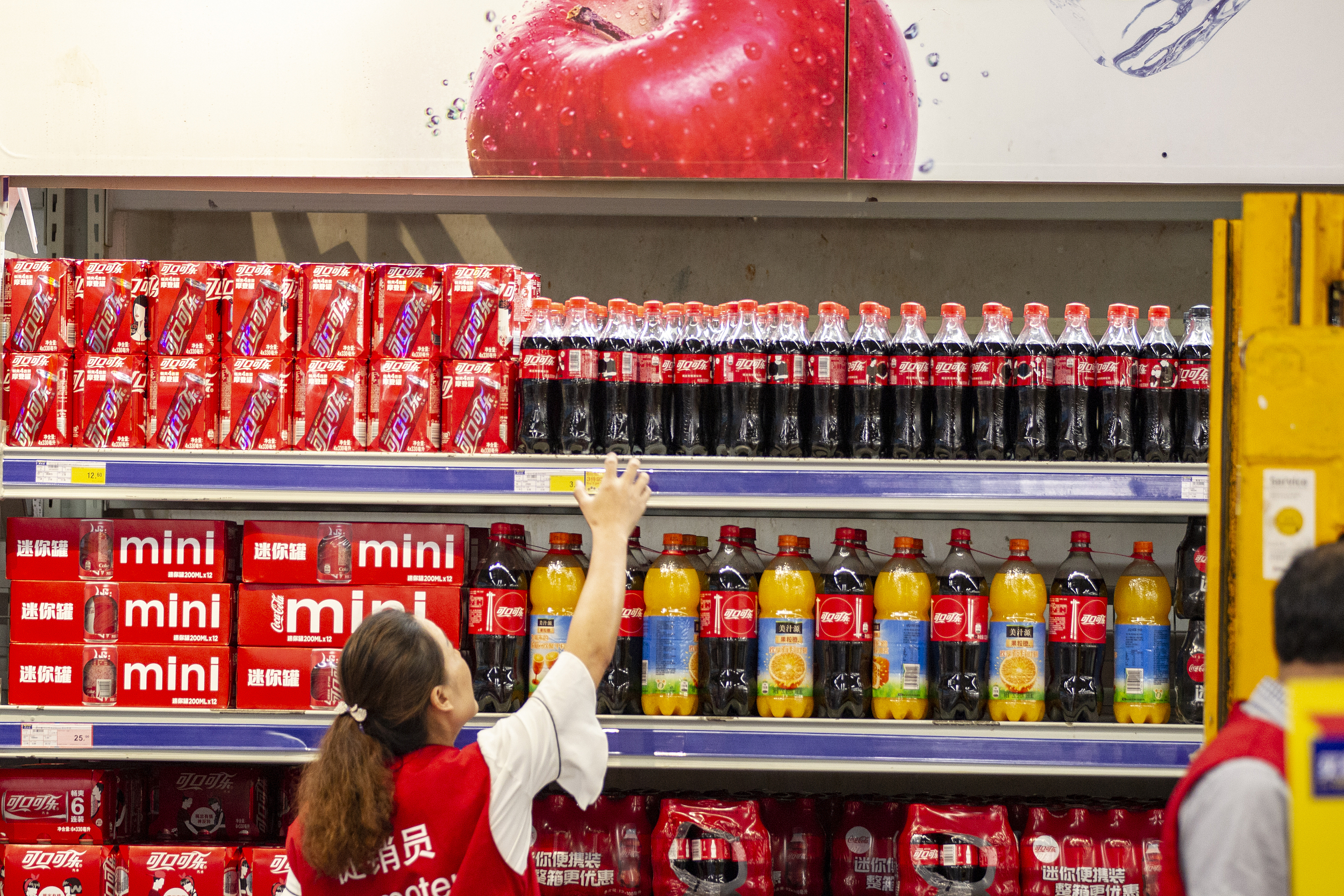04:11

In the first half of 2019, more than 20,000 foreign firms arrived in China. Coca-Cola was one of the first foreign consumer goods companies to arrive in China after the country's reform and opening-up policy and has witnessed how things have changed.
At that time Coke was a luxury when the company first entered China. A bottle cost only four yuan, but that was ten percent of the average monthly disposable income. Curtis Ferguson, president at Greater China and Korea of Coca-Cola said when the first 3,000 cases distributed in China's major cities – Shanghai and Beijing – everybody kind of heard about the Coke, but never really tasted it.
The year after that first shipment, Coke began producing locally, under an agreement with the China Oil and Foodstuffs Corporation. Since then Coca Cola has invested 13 billion dollars in China, and run 45 plants nationwide producing juices and teas in addition to the company's standard-bearer.

This year Coca-Cola is celebrating 40 years in China. It may have been the first through the door, but it's far from the only foreign company keen to get in. But others didn't come to open up new consumer markets as much as to take advantage of China's huge labor pool, turning the country into a manufacturing power house.
"The provincial government level I have never seen cooperation when we say we want to put a Coca-Cola plant here. It's amazing how fast we can move on that space," Ferguson said.
Coca-Cola became an example to other foreign firms, increasingly eager to take advantage of a key piece of legislation. The "Sino-foreign Equity Joint Venture Law" was passed in 1979, to regulate cooperative businesses established between foreign and Chinese firms. This opened the flood-gates for foreign firms' entry to the China market – most of them manufacturing giants.
"China has a large population base, but the employment rate was low. Manufacturing is a labor intensive industry, and could bring advanced technology and equipment while boosting employment and raising production," said Tang Yijun, senior partner of Allbright Law Firm.
Starting the early 1980s, big names including Japanese home appliance maker Panasonic and German car maker Volkswagen began setting up here. When China joined the World Trade Organization in 2001 it opened the way for international service firms to enter the country, firms including education providers, and insurance and finance companies. And as the foreign firms adjust to China, the government continues to come up with policies to accommodate them.

In 2013, Shanghai's Free Trade Zone published the country's first formal "negative list" clarifying sectors denied to foreign investors – and that list has since been shortened five times. Just last month, the central government announced new free trade zones in six provinces, all expected to attract more foreign investment, and to attract it into new areas.
Tang said that high-end technology such as new energy cars or services like finance companies will be the major investment area for foreign firms here. Foreign firms have contributed a lot to China's economic development. Here in Shanghai, foreign players have contributed 20 percent of the city's employment, 27 percent of the city's GDP and 33 percent of the tax revenue. And of course as the foreign firm's profit, so does China.
So it's not surprising the government keeps coming up with new measures to make things easier for foreign firms here. Last month's extension of the Shanghai Free Trade Zone into the Lingang Special Area brought with it new facilities including cross-border capital pooling and relaxation of financing approval regulations.